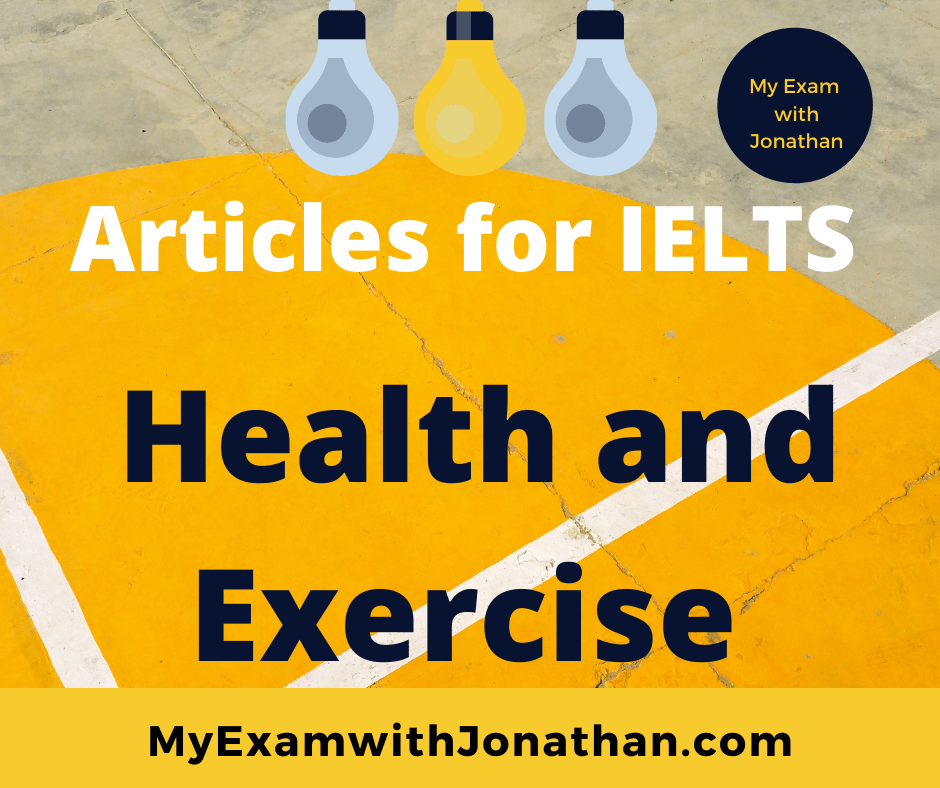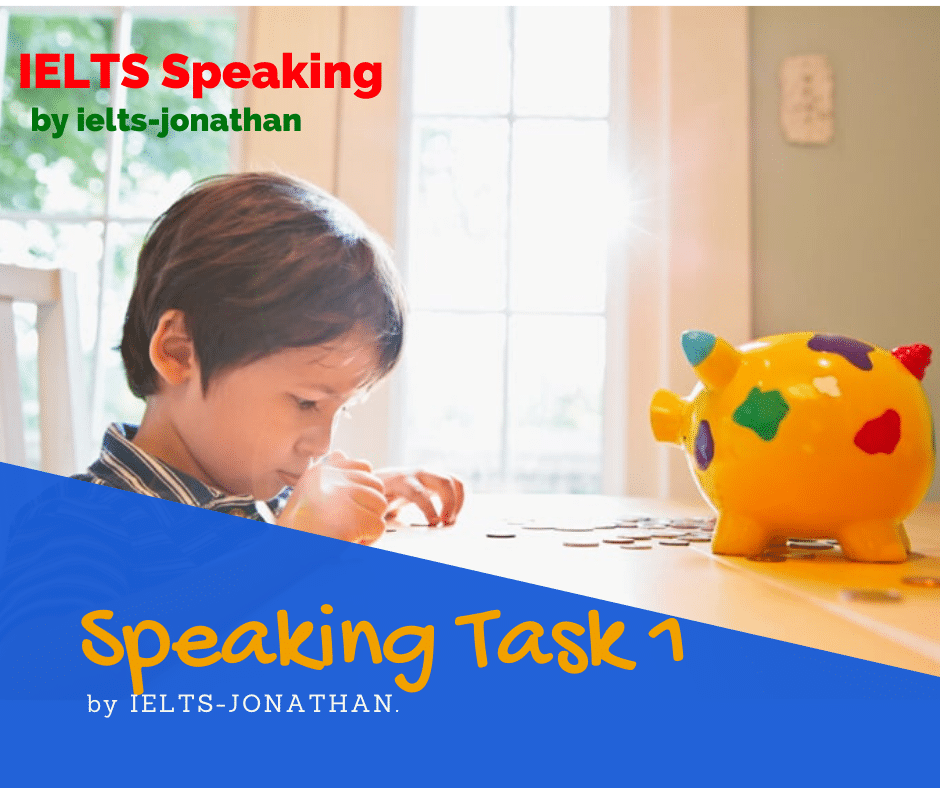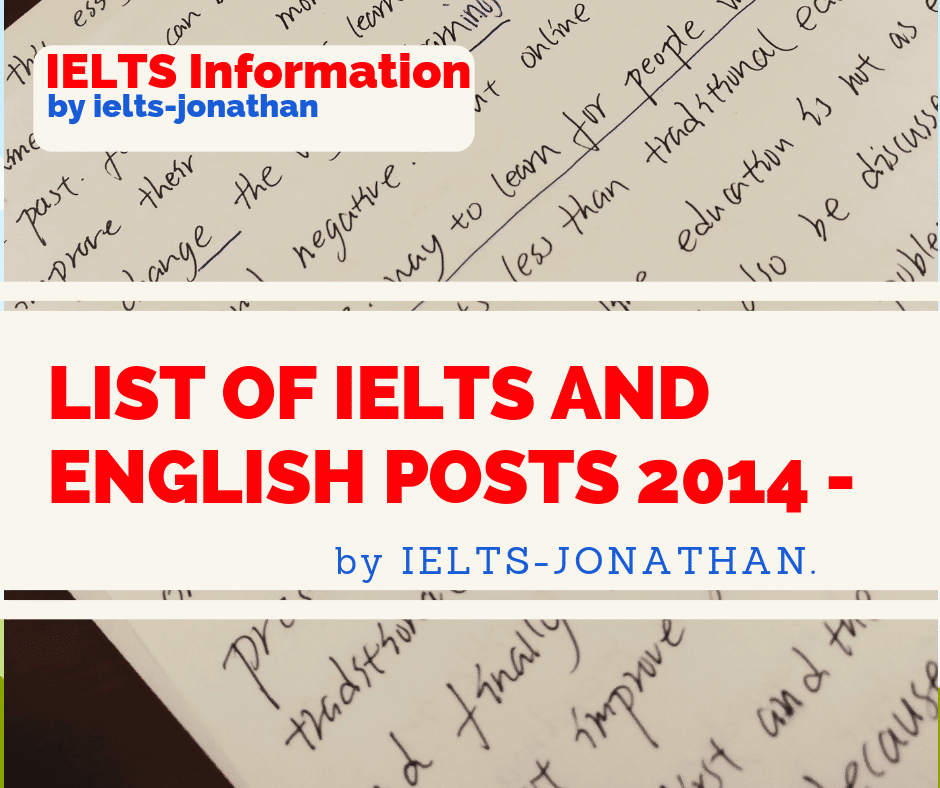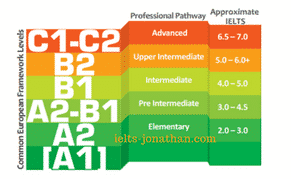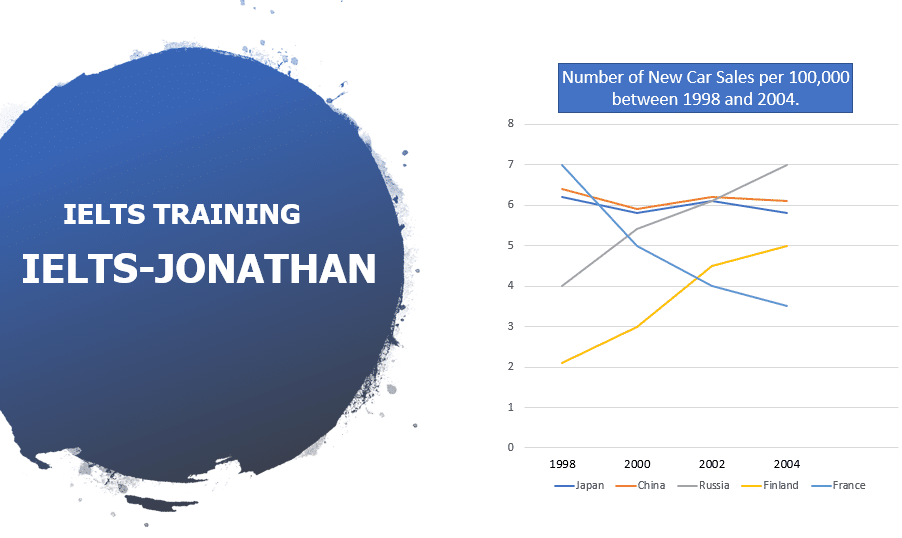Ways to improve your answer in the most common IELTS topics
I’ve noticed over the years the student’s often lack topic awareness in both IELTS speaking and writing.
As this limits their ability to display the language which is being assessed, it’s important to have at lease some basic knowledge of the topic areas that frequently occur in the IELTS test.
Having a broad awareness of IELTS topic areas also offers the opportunity to provide answers and essays that surprise the examiner and generate interest, thereby putting your work on a higher footing.
For this reason, I’m collecting good articles to read according to their topic area; the broad topic areas that come up in areas of the IELTS exam. I am adding to this list all the time.
This is one of the many articles I’ve listened to or read this week which, from experience, I know feature heavily in the IELTS test.

Why should I invest time in IELTS reading
Having an awareness of IELTS topic areas indicates in your writing and speaking that your opinions can be relevant. Being prepared means that you are better positioned to give an opinion on any number of popular topic areas. This is especially the case in writing; the ability to generate ideas under the pressure of the exam is usually down to a lack of knowledge around the key topic areas.
Common IELTS Topics
So, I’ve created a page for IELTS worthy reading and listening articles. These will be featured around the most common topic areas I have seen in IELTS reading, writing and listening.
Using some of these resources is not only good for increasing vocabulary levels, reading comprehension and speed, but will help provide a foundation of ideas important for topic awareness and idea generation.
If you want a list of the main topic areas and the subheadings, you can find out more here but this is the new link I am creating.
I recommend you identify areas you’re not familiar with and flick through some of the topics postings below. Choose a few to read or listen and if your vocabulary is a weak spot, note down words and phrases you can reuse in the future.

Students on being bullied over their accents.

Jargon might be infuriating but it also has its uses.

Philosophy’s influence on technology design – and why it needs to change.

Would we be better off if we sent email into retirement?

We can use colour to communicate how we feel.


Why our screens leave us hungry for more nutritious forms of social interaction.


How to talk to your dog.

Why we must completely rethink how to communicate at work.

Texting is bound to decline but it won’t die out just yet.

Social media: is it really to blame for young people being lonelier than any other age group?

If you get on with your boss you’re more likely to lie for them.

How does being bilingual affect your brain? It depends on how you use language.

What your emojis say about you.

Why it’s okay for bilingual children to mix languages.

Prejudices against accents is prevalent.

Just how effective are language learning apps?

Finding endless video calls exhausting?

Overconsumption, not plastic, is the problem.

Stable families, not ‘traditional’ ones, key to children’s education success.

Happy families? Male acceptance of equality in the home could define the future.

Women in work: how East Germany’s socialist past has influenced West German mothers.

Study shows equality frees women to follow traditional gender choices – or does it?

Four big lessons from the UK’s new gender pay gap reporting rules and what’s next for equality.

Big data analysis reveals staggering extent of gender inequality in creative industries.

Dear sir/madam — how to write a winning cover letter
Writing needs to be taught and practised. Australian schools are dropping the focus too early.

How universities can help students avoid plagiarism: get them to write better.

Academic writing can be boring – but there are good reasons for that.

A history of English in five words.

Is Game of Thrones sexist?

Frozen II: return of the strong female characters that little girls need to see.

People Like Us by Hashi Mohamed

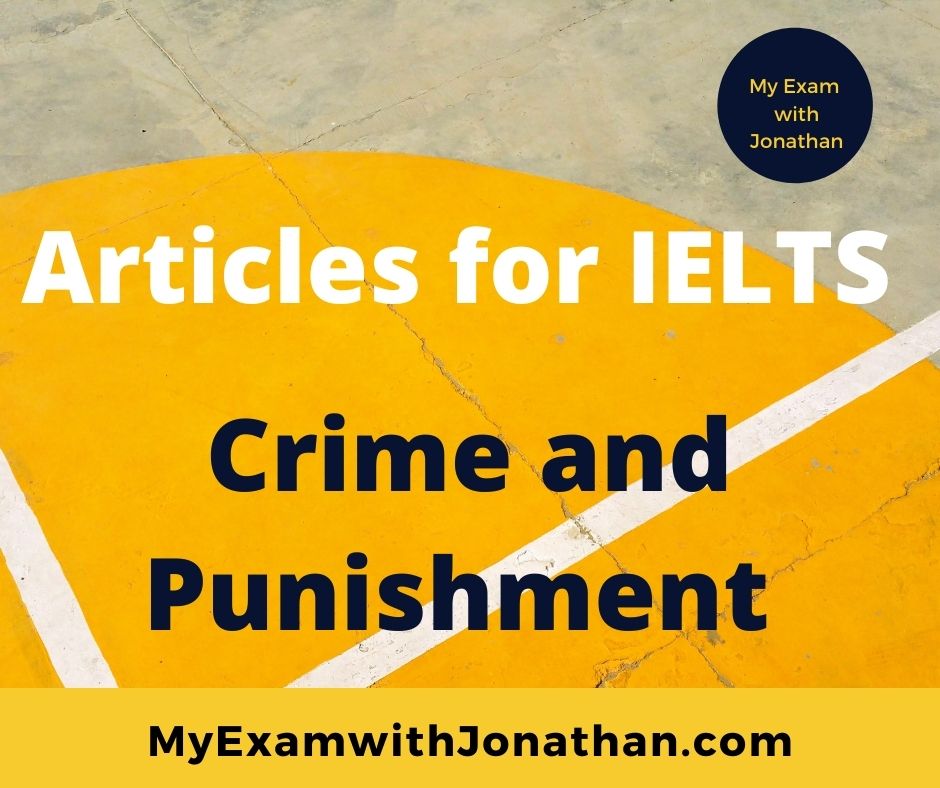


I’m Jonathan
I’ve taught IELTS and University English in more than a dozen universities and schools around the world.
I’m a parent, traveller and passionate about language teaching and helping students achieve their dreams.
Whilst living in Austria or working in Asia, I run IELTS courses to help students get to where they want to be.
If you are serious about IELTS, connect with me to see how I can help you.

